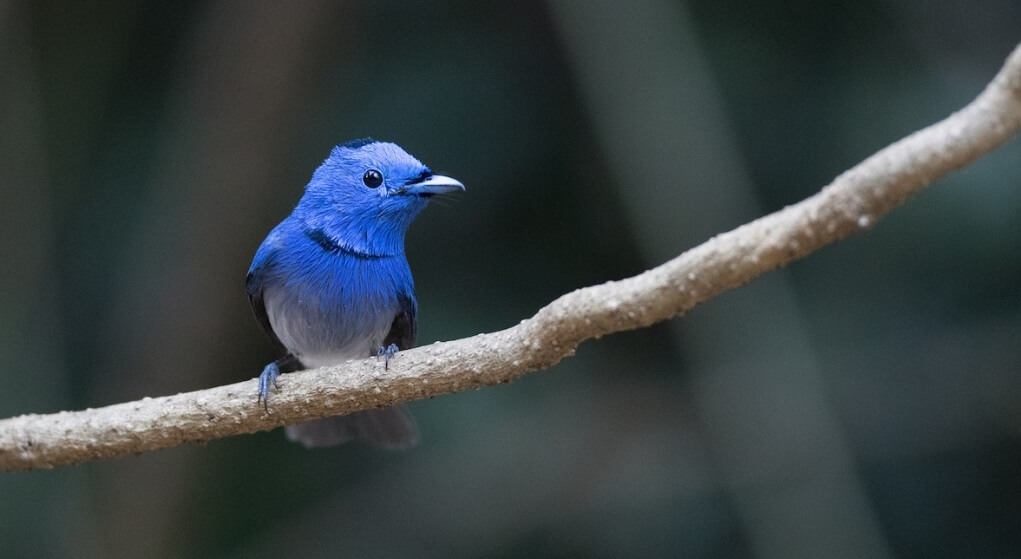Have you ever seen a natural blue flower or fruit? Indeed, the color blue is so rare in nature. Hence, if you have a chance to encounter the black-naped monarch or black-naped blue flycatcher (Hypothymis azurea), you are extremely lucky.
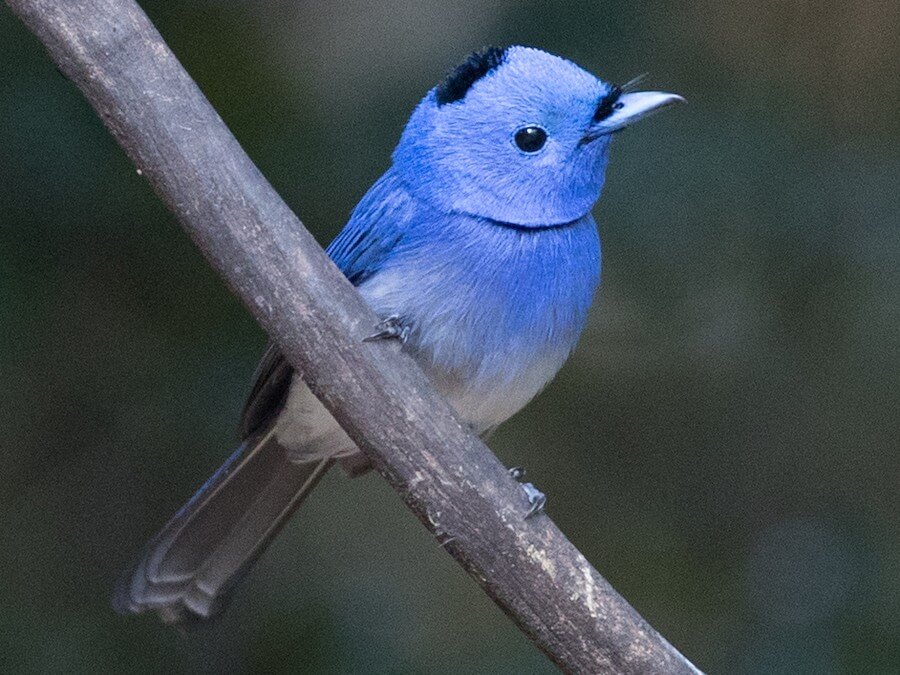 Source: Ian Davies, Ban Song Nok, Phetchaburi, Thailand
Source: Ian Davies, Ban Song Nok, Phetchaburi, Thailand
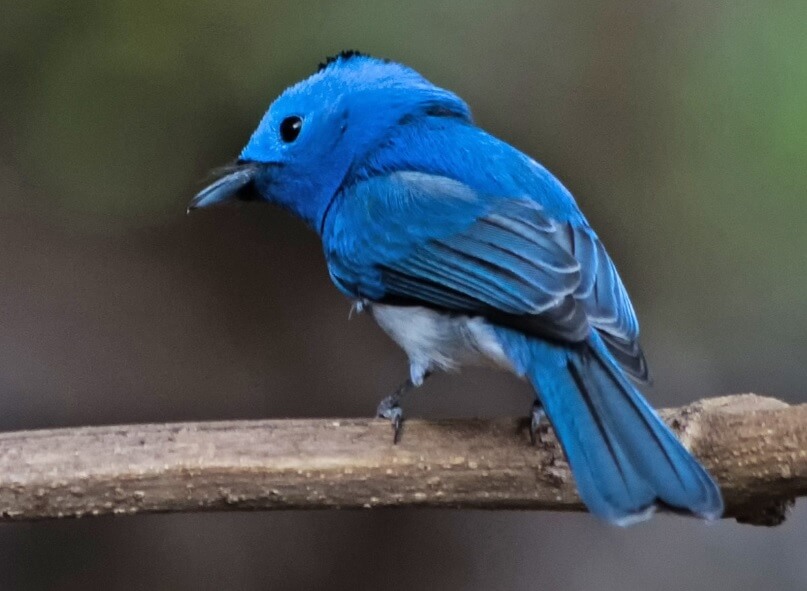 Source: Aritra Mukherjee, Sinhgad Fort, Pune, Maharashtra, India
Source: Aritra Mukherjee, Sinhgad Fort, Pune, Maharashtra, India
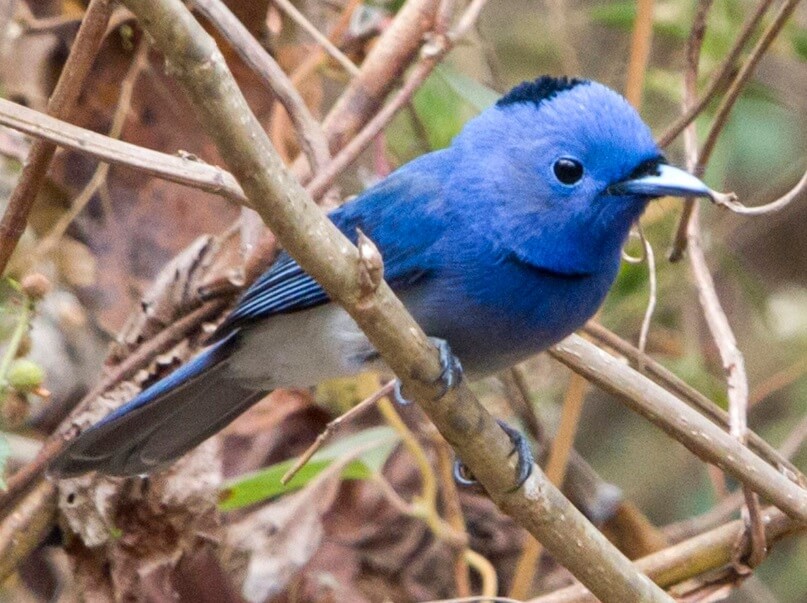 Source: Ramesh Shenai, Tungareshwar NP, Palghar, Maharashtra, India
Source: Ramesh Shenai, Tungareshwar NP, Palghar, Maharashtra, India
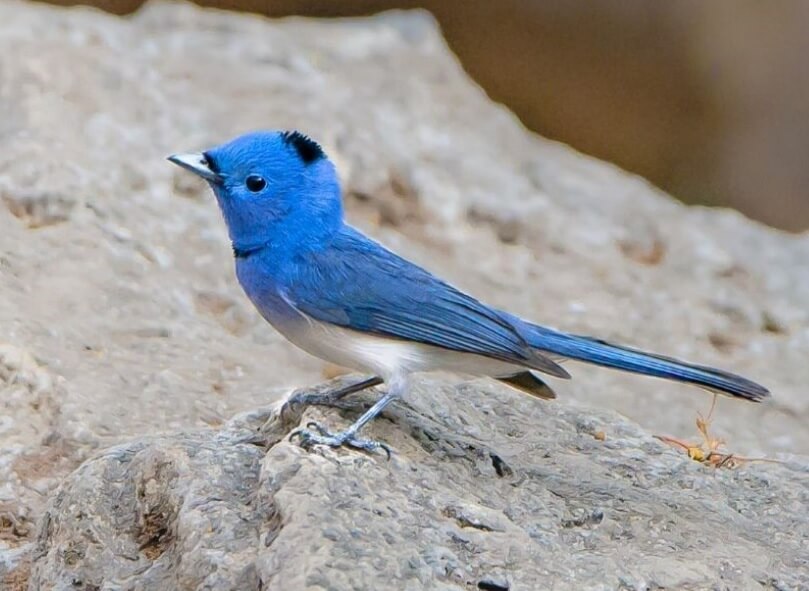 Source: Rajesh Mangal, Indore, Madhya Pradesh, India
Source: Rajesh Mangal, Indore, Madhya Pradesh, India
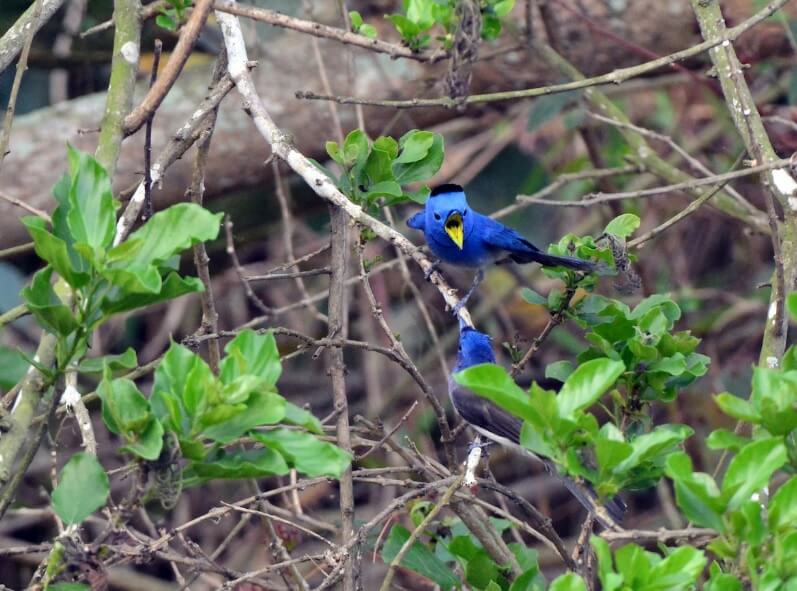 Source: Jhih-Wei TSAI, Jingsi Lake, Pingtung County, Taiwan
Source: Jhih-Wei TSAI, Jingsi Lake, Pingtung County, Taiwan
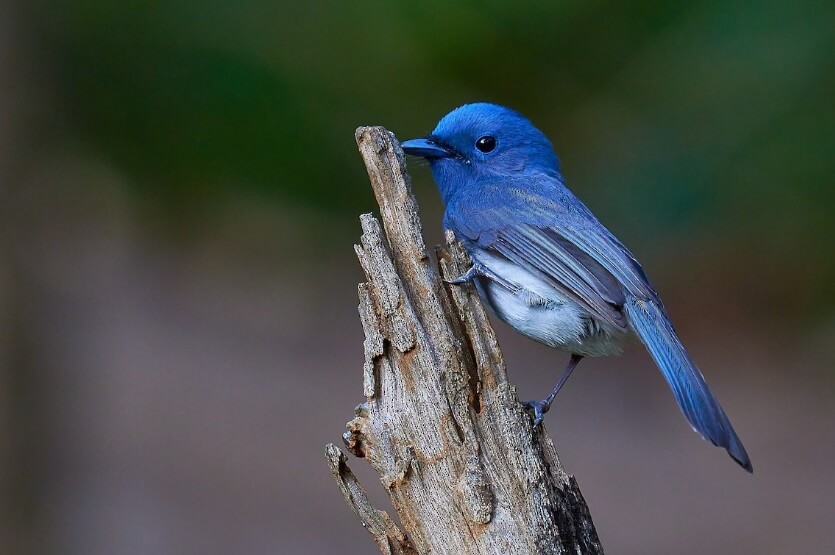 Source: Raghavendra Pai, Mookambika WLS, Udupi, Karnataka, India
Source: Raghavendra Pai, Mookambika WLS, Udupi, Karnataka, India
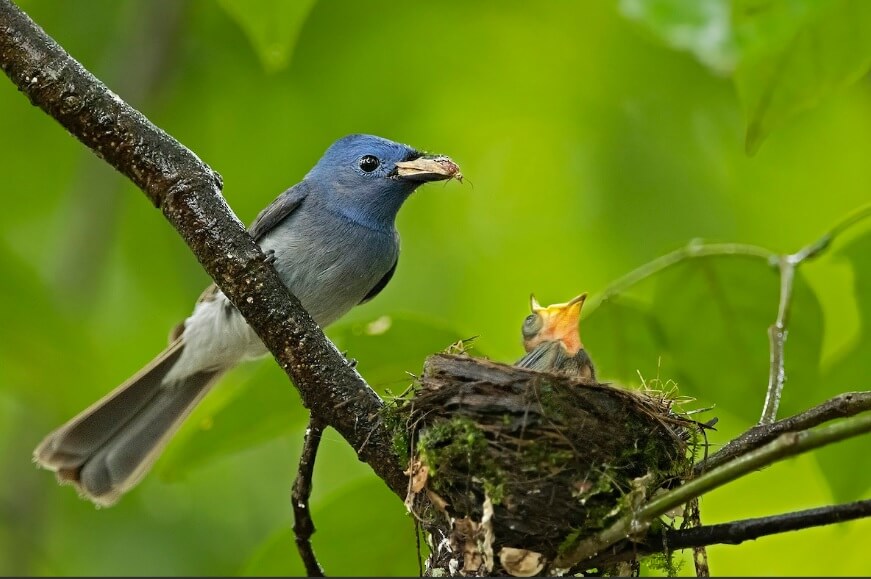 Source: Arpit Bansal, Karnala Bird Sanctuary, Raigad, Maharashtra, India
Source: Arpit Bansal, Karnala Bird Sanctuary, Raigad, Maharashtra, India
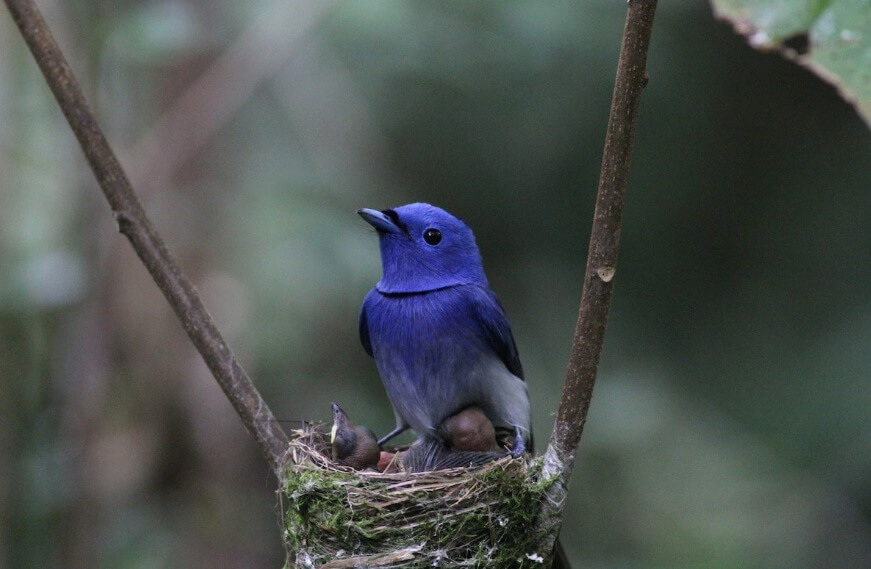 Source: Ting-Wei HUNG, Sanfu Leisure Farm, Yilan County, Taiwan
Source: Ting-Wei HUNG, Sanfu Leisure Farm, Yilan County, Taiwan
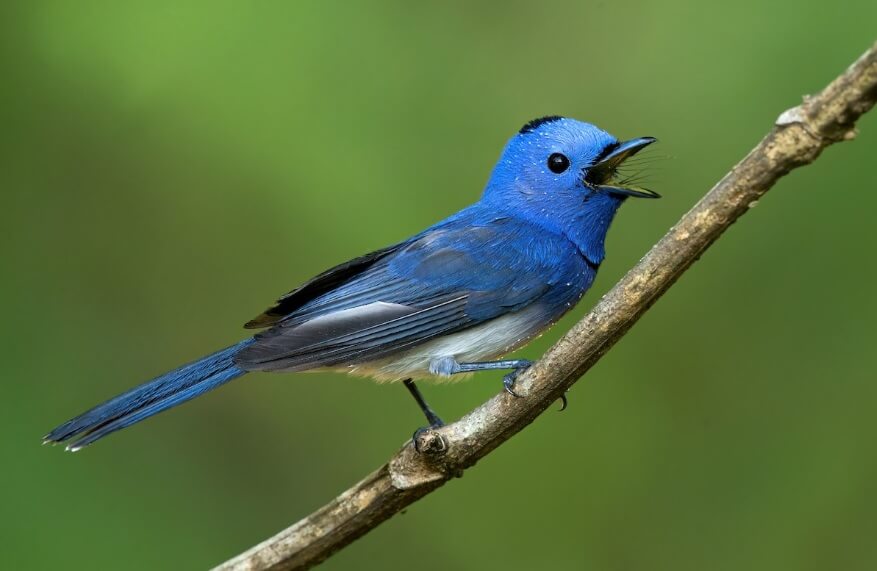 Source: David Irving, General Area, Ernakulam, Kerala, India
Source: David Irving, General Area, Ernakulam, Kerala, India
